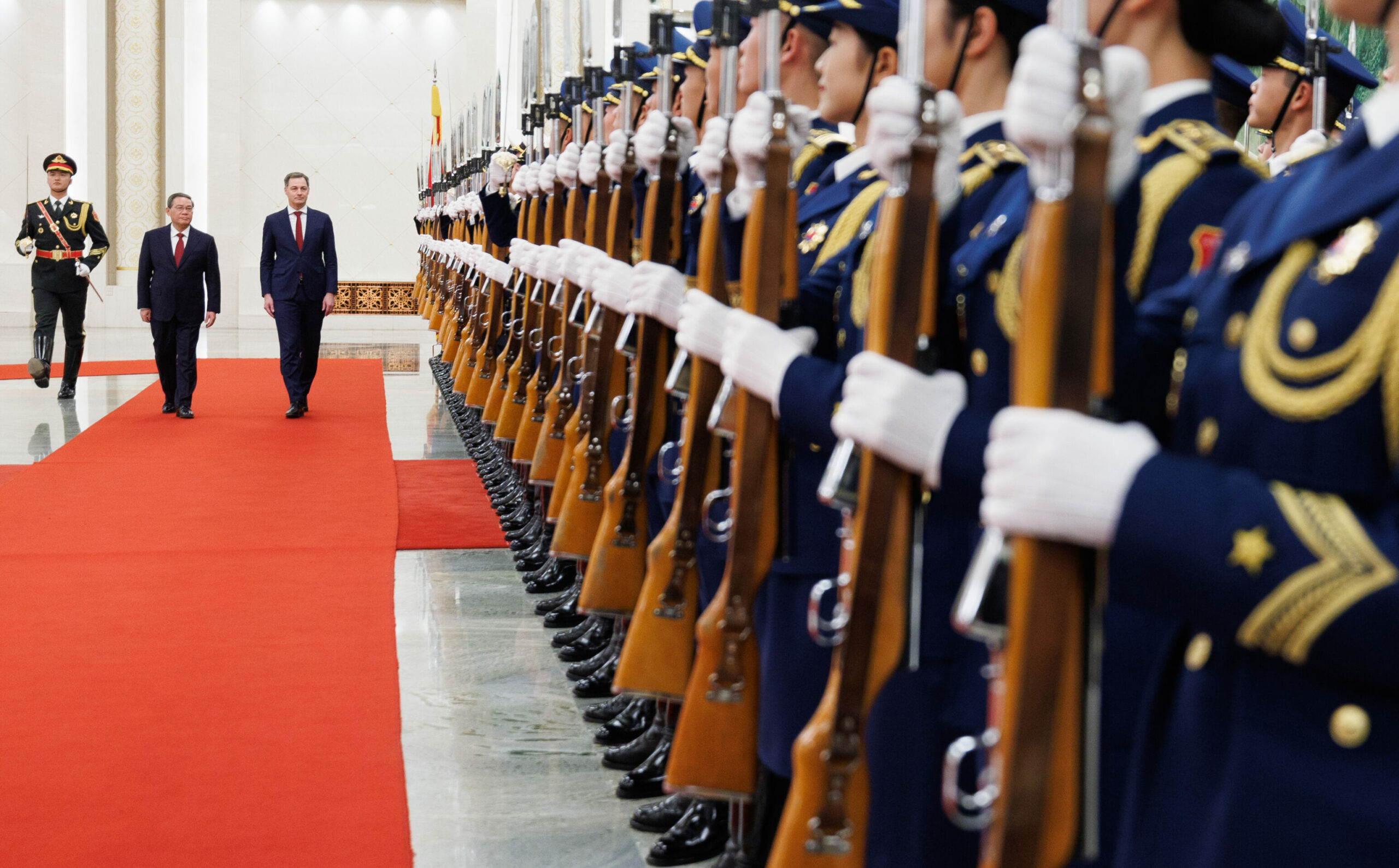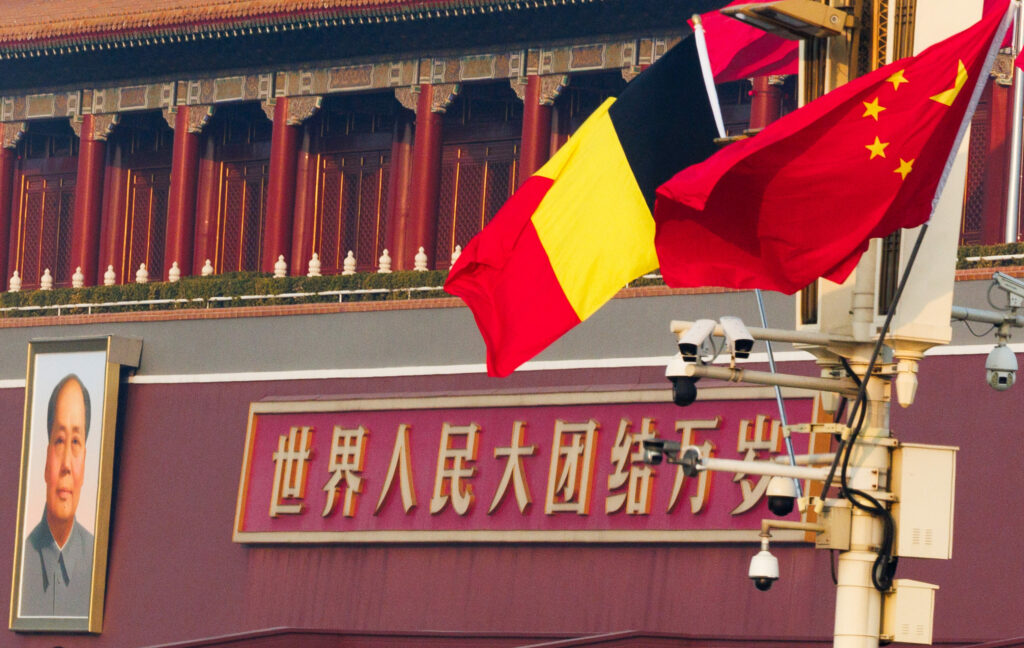Belgium-based universities are conducting an increasing amount of sensitive research with high-risk institutions in China. Many involve so-called "critical technology", which can be useful for military purposes.
Collaborations between scientists from Belgian universities and Chinese institutions – deemed to pose a "high" or "very high" risk – resulted in 1,664 joint publications last year, a new study by researchers at the Royal Military School (KMS) which De Tijd reported on, showed. This figure has doubled from 812 in 2016 and "just" 30 in 2001.
Of this total figure in 2023, 373 of the Belgian-Chinese publications involved technology labelled as "critical" by European Commission standards, up from 145 in 2016 and four in 2001. Many of these studies also increasingly concern "critical technology" that can also be useful for military purposes.
"Belgian scientists have collaborated with Chinese scientists linked to the military on very sensitive topics," KMS researchers Nick Houttekier and Sara Van Hoeymissen, and professor Cind Du Bois, said. By far the largest share of the collaborations focused on energy technology, alongside semiconductors and artificial intelligence (AI).

Chinese Premier Li Qiang and Prime Minister Alexander De Croo inspect the troops ahead of one of several high level meetings in Beijing, China, Friday 12 January 2024. Credit: Belga / Benoit Doppagne
One example is a joint study on how to make wind turbines more robust. The knowledge gained could also help make more efficient jet engines for fighter aircraft. Two elements raise concerns here: China struggles to make high-quality turbofan engines for next-generation fighter jets, and the study was jointly carried out with the Harbin Institute of Technology, one of the "Seven Sons of National Defence". These seven high-risk Chinese universities spend at least half of their research budgets on military applications.
A second example saw Belgian researchers join forces with Beihang University (also one of the Seven Sons) for the 'swarming' of drones, an important technology in modern warfare where several drones join formation to help suppress enemy air defences by detecting, for example, missile launchers.
Promise of screenings
A previous investigation by De Tijd in May 2022 also outlined how Belgian scientists, mainly from Flemish universities, had collaborated with Chinese scientists on thousands of studies attached to universities with links to, among others, the People's Liberation Army or the intelligence service.
These are involved in espionage or China's nuclear weapons programmes, and co-develop technology used by the country to control its population and ethnic minorities, such as the Uyghurs.
Following these revelations, Flemish universities decided in June 2022 to better protect their knowledge from foreign interference by countries such as China or Russia, including through screenings of students and researchers.
However, instead of the number of collaborations with Chinese scientists and institutions dropping, it is still on the rise. In total, the counter already stands at 14,322 joint publications by Belgian universities with Chinese institutions that are (very) high risk, of which 2,689 revolved around critical technology.
Still, the KMS researchers called for stricter monitoring of these collaborations with Chinese scientists, rather than a ban on all exchanges with China, as often there is no military benefit.

